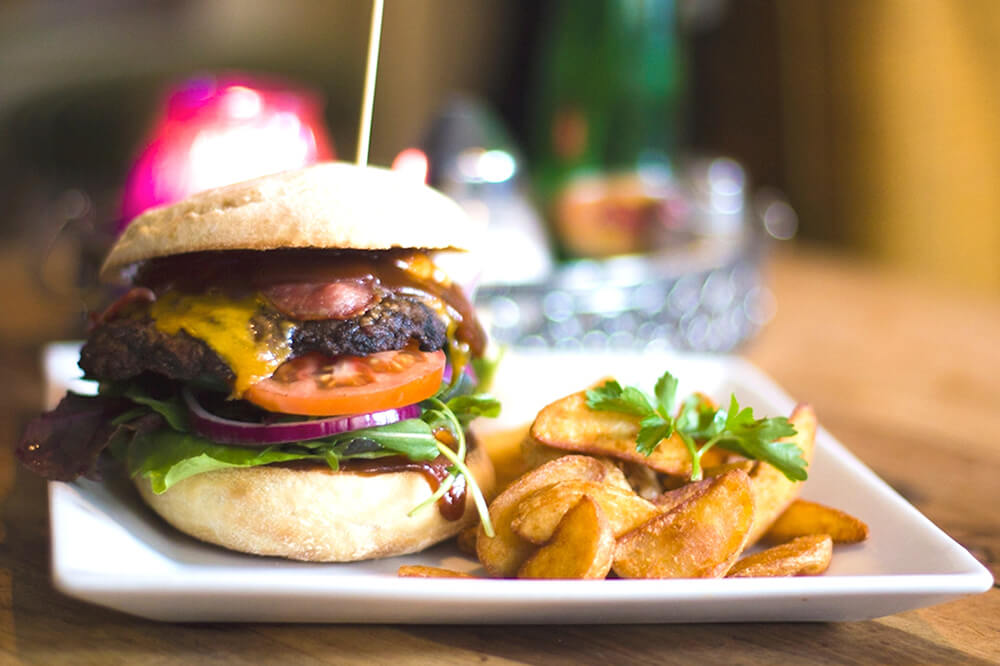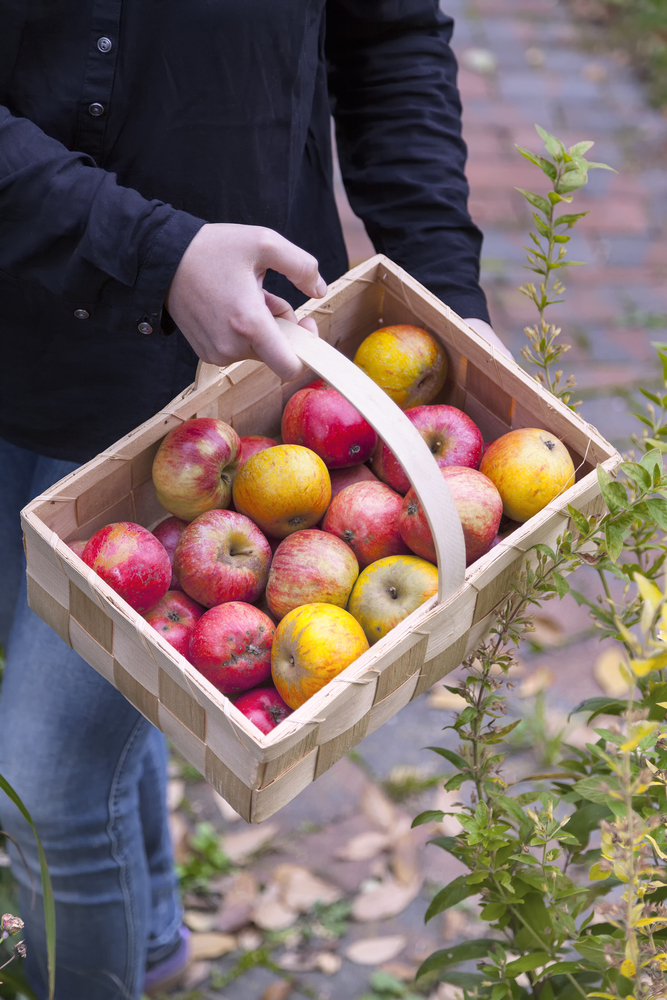
A study published and featured on CNN’s Eatocracy, says that food fraud is on the rise. This serious problem should be very concerning to consumers and the general public, especially you and me.
Why is so bad? Consumers are not getting what they think they are paying top dollar for. Shockingly, more than 800 new products have been added to the list of fraudulent foods, a steep 60% rise from last year. That is staggering! Reactions from consumers scream outrage, but there are many steps you, as an individual, can do to decrease your risk of being duped into believing your meticulous efforts of reading labels, buying fresh, organic, natural, and healthy foods serve in the best interest of you and your family’s well being.
The study was published by the U.S. Pharmacopeial Convention (USP), a scientific nonprofit organization that helps set standards for the "quality, safety and benefit" of foods and medicines. They reported the leading offenders of food fraud are: milk, coffee, saffron, honey, spices, and olive oil.
Use “whole” alternatives. If a recipe calls for lemon juice, buy the real “whole” lemon, not the jar of concentrated lemon juice. Apple juice? Buy and use the "whole" apple. Most juices add high fructose corn syrup. 
Purchase foods from well-known reputable sources and trusted brands. Shop locally and from the local farmers market, co-op and natural food stores. Educate yourself and trace the food from farm to table.
The report suggests not to buy into the newest health trend. I like to tell people to take everything they read and watch with a general understanding but not to trust one product to be the miracle “do-it-all” food. People who watch Dr. Oz, for instance love to try the vitamins and food extracts he suggests. The problem is that no-name brand X company prints hundreds of thousands of bottles of supplements claiming that they are the exact extracts that Dr. Oz recommends (but does not make them with the honest ingredient), engages in food fraud and now you have bought into and am consuming something you think is something else and expecting a specific healthy and positive body reaction.
Food fraud appears more commonly in high-value ingredients that are linked to health benefits and consumers pay a premium for.
Eatocracy’s Senior Editor, Cat Kingsman also suggests consumers to “be aware of ‘white tuna’, for it is often being substituted for another substance not a member of the tuna family at all. Escolar is commonly marketed as white tuna, super white tuna, butterfish and walu. Escolar is edible - and legal - but the Food and Drug Administration does not encourage its consumption. It includes a waxy substance, called gempylotoxin that humans can't digest and can cause purgative effects.”
Lastly, write to your FDA and begin and forward the message of awareness on food fraud and petition the FDA to set standards for the most commonly fraudulent products, like honey and olive oil.
For people who argue that this article points to the “elite” group of wealthy people and those healthy foods are too expensive to purchase in general, let me offer some light hearted suggestions.
Aside from the fact that most health food stores do buddy up with high society’s desire and demand for the most current trends in superfoods and herbs all compacted into small capsules and moisture creams in tiny bottles, there are true simple and inexpensive, economical ways to eat well, eat sustainably, with awareness and support local.
Most everyone can grow their own seasonal garden. It is inexpensive to maintain and almost any part of the world can grow and harvest natural, organic and antioxidant rich, vibrant foods.
Staying away from packaged foods, even if it is labeled to be “natural” and “good for you” will save money and your body the time and energy to process it through the body. Packaged and processed foods generally have salt, sugar, and heat added to withstand rancidity. You would be surprised how many products say they are good for you and cost too much and are devoid of nutrients. Stick to fresh produce. Stick to in-season (tastes the best, chock full of the vitamins, nutrients and should be lowest in price) and locally grown fruits and vegetables. Sea vegetables, mushrooms, and seeds and nuts. Stick to this list and you won’t have to face food fraud. Do your research and eat smart.
Source: CNN
